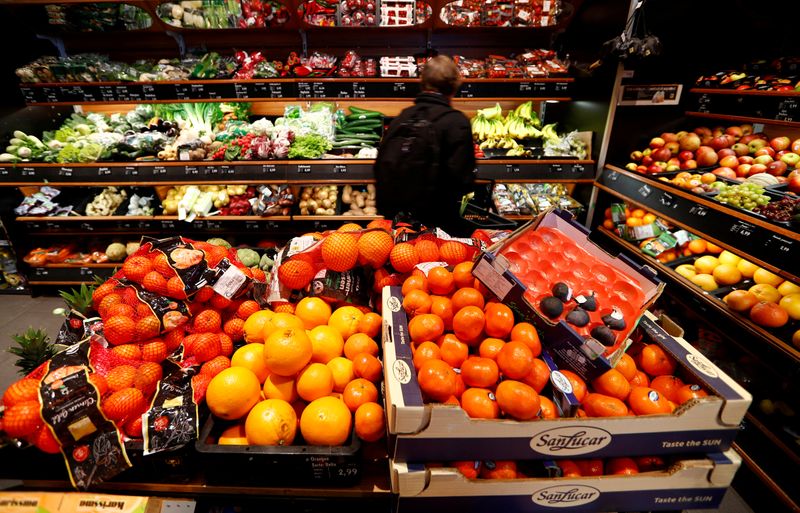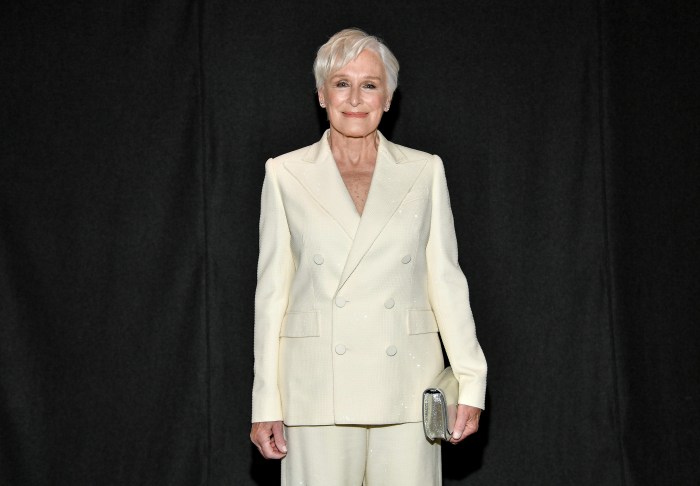BERLIN (Reuters) – German annual consumer prices fell for the first time in more than four years in August due to a VAT cut as part of the government’s stimulus push to help Europe’s largest economy recover from the coronavirus shock, data showed on Monday.
German consumer prices, harmonised to make them comparable with inflation data from other European Union countries, fell 0.1% year-on-year after stagnating in the previous month, the Federal Statistics Office said.
This compared with a Reuters forecast for 0.0% and was the first negative reading since May 2016.
“The inflation rate is influenced, among other things, by the VAT cut that came into effect on July 1, 2020,” the office said in a statement.
Germany’s stimulus package includes a cut in VAT – value added tax – for regular goods to 16% from 19% and for food and some other goods to 5% from 7% from July 1 until Dec. 31. The reduction is estimated to cost the federal government up to 20 billion euros ($24 billion).
The government hopes that its rescue and stimulus measures will help companies and consumers recover more quickly from the coronavirus shock which plunged the economy into its deepest recession on record in the second quarter.
ING economist Carsten Brzeski said the VAT cut was most visible in prices for food and clothing, while inflation for services remained almost stable.
While higher unemployment and weak pricing power for companies generally suggest deflationary trends during the pandemic, monetary and fiscal stimulus eventually speak in favour of more inflationary pressure, Brzeski said.
But the German inflation data showed that at least “for the time being, the deflationary threat is clearly more pressing than any inflationary one”, Brzeski added.
The European Central Bank has a target of keeping inflation close to but below 2% in the euro zone.
ECB board member Isabel Schnabel told Reuters in an interview published on Monday that the central bank has no reason for now to add to its stimulus measures as disruptions related to the recent surge in coronavirus infections were already factored into its policy.
On the month, harmonised prices fell by 0.2%, the preliminary data showed. A Reuters poll had predicted an unchanged reading, the preliminary data showed.
($1 = 0.8382 euros)
(Reporting by Michael Nienaber; editing by Thomas Seythal and Giles Elgood)



















